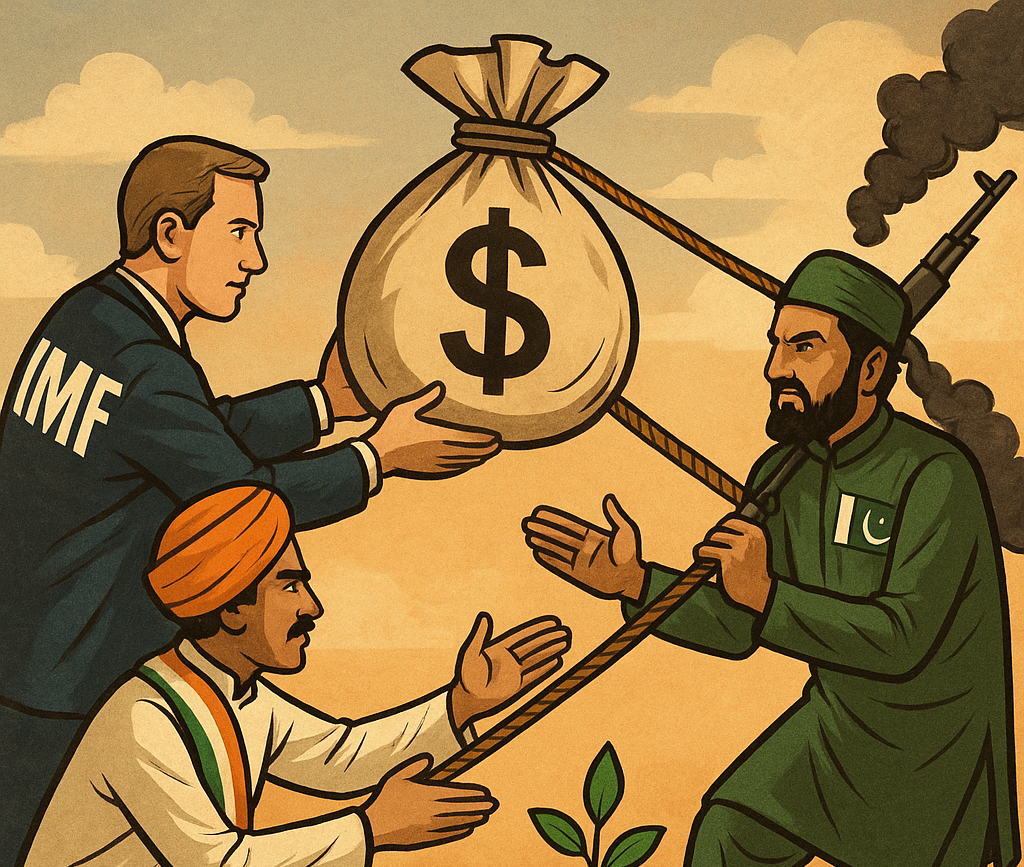In a move that could significantly impact regional stability, India has formally requested the International Monetary Fund (IMF) to review its $1.3 billion climate resilience loan to Pakistan. The appeal, confirmed by Indian government sources, comes just days before the IMF board meets on May 9 to assess Pakistan’s compliance with policy benchmarks tied to an ongoing $7 billion bailout package.
India’s call follows the deadly April 23 terrorist attack in Kashmir’s Baisaran Valley, which New Delhi blames on militants operating from Pakistan. This incident has sharply intensified tensions between the nuclear-armed neighbors. India argues that continued IMF financing risks being misused and indirectly supporting terror infrastructure across the border.
The request also comes on the heels of India’s decision to suspend the decades-old Indus Waters Treaty on March 1, halting Ravi River water flows into Pakistan. Both countries have since closed their airspace to one another, highlighting the deteriorating diplomatic climate.
Pakistan, which has already received $2 billion from the IMF bailout approved last year, is facing deep economic distress. With its economy valued at approximately $350 billion, the country remains heavily dependent on external support. Analysts point to Pakistan’s chronic trade imbalance, with exports accounting for less than half of its imports, and fast-depleting foreign reserves as major causes for concern.
India had previously refrained from voting against IMF funding to Pakistan, but may now actively oppose the climate loan due to security-related concerns. The Economic Times reported that New Delhi sees accountability and terrorism as inseparable issues in the context of international financial aid.
Meanwhile, global attention is also fixed on Islamabad, as U.S. Vice President JD Vance urged Pakistan on May 1 to act decisively against terrorist groups operating from its soil. The U.S. has emphasized the need for regional cooperation to curb extremism and maintain stability in South Asia.
With the IMF board preparing to review both the climate loan and Pakistan’s economic reform progress, the decision could have profound implications—not only for Pakistan’s economic recovery but also for the already fragile India-Pakistan relationship.













